While we here in the United States enjoy unparalleled liberty and freedom, the truth of the matter is that freedom such as this is never free. Its maintenance requires constant vigilance in defense of the principles upon which this nation was founded.
When it comes to a defense of our Second Amendment rights, few names are as widely recognized as the National Rifle Association (NRA). First founded in 1871, the NRA has been deeply involved in not only the effort to ensure the citizens of the United States are trained in the safe use of firearms, but also to ensure their right to possess them — as enshrined in the U.S. Constitution — is protected.
While the association has admittedly been navigating some rough waters recently, the election of Doug Hamlin in early 2024 by the NRA Board of Directors as NRA’s new Chief Executive Officer and Executive Vice President appears to represent a new direction for the group.
We recently had the opportunity to sit down with Mr. Hamlin and conduct an in-depth interview to learn more about him and his background, as well as how he sees the future shaping up for the NRA. We’d like to thank him for taking the time to talk with us.
The Armory Life (TAL): Could you tell us a little bit about yourself, and what has brought you here to the role you find yourself in today?
Doug Hamlin (DH): I’m a Midwesterner, born and raised in the great state of Michigan. I had great parents; my father was a Korean War U.S. Army veteran. And his hero was my uncle, Earl, who was a World War II veteran. I’ve always believed in patriotism and service to country — values that came from my family.
After college, I served in the U.S. Marine Corps for six years on active duty, then another six in the reserves, as an infantry officer. And then I went into the publishing business with Petersen Publishing, starting at Guns & Ammo and eventually as vice president and group publisher for Motor Trend. After that, I started my own business. I’ve been a publisher or executive for more than 35 years. I came to the National Rifle Association as the executive director of the NRA Publications Division in 2013 and then was elected executive vice president and chief executive officer in May 2024. I was unanimously reelected by NRA’s board of directors in April. I put those values of service and patriotism to work every day for NRA.
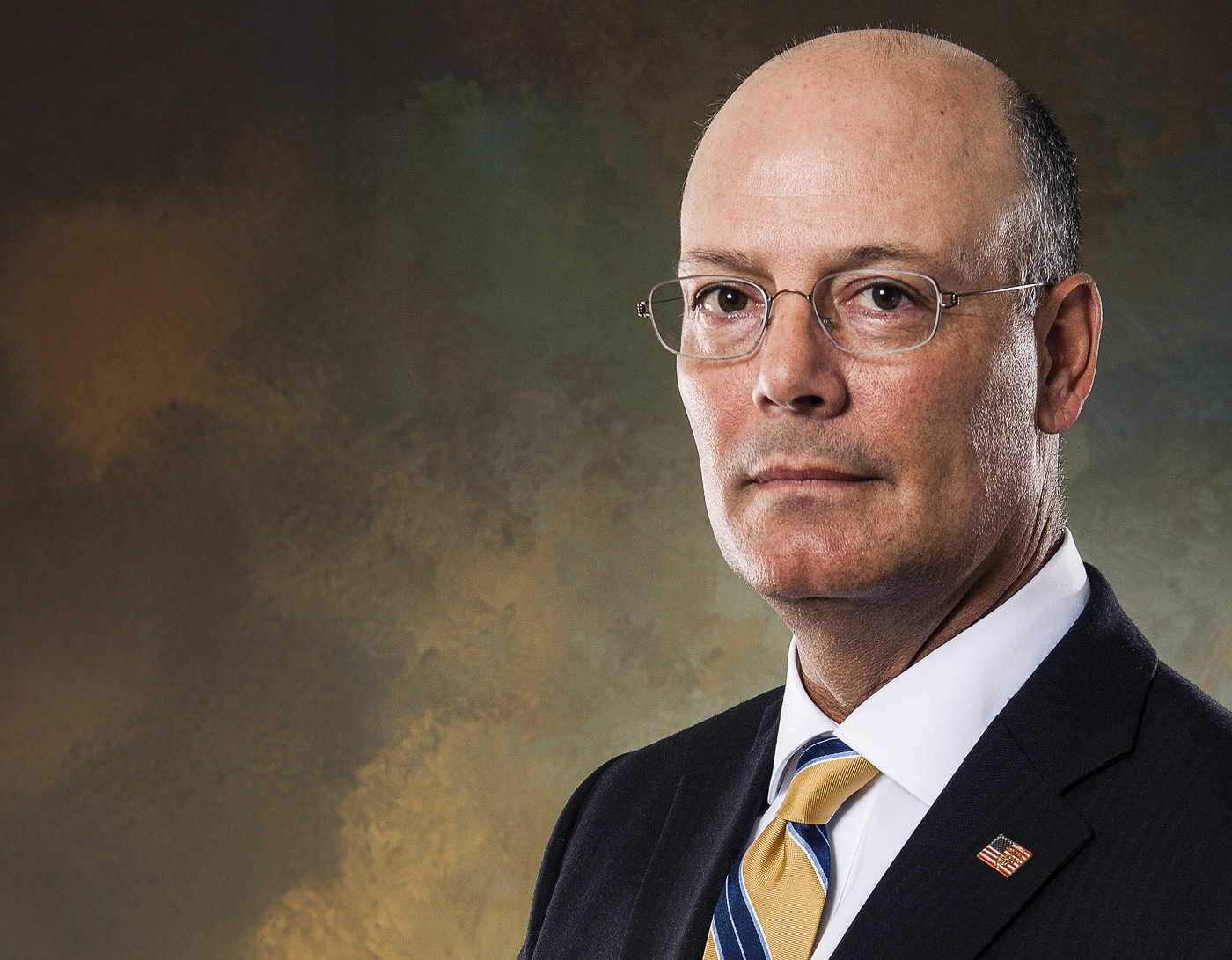
TAL: We have no doubt that your position with the NRA is a demanding one. Clearly, you’ve taken on this role because you recognize the importance of the Second Amendment. Can you tell us a bit about how your life shaped this guiding principle, and why firearms rights are so important to you personally?
DH: I get to do some interesting things in this line of work as the EVP and CEO of NRA. On April 19, I was a speaker at the Gun Owners Action League in Massachusetts, and we celebrated the 250th anniversary of the “Shot heard ‘round the world.” It reinforced the commitment that our founding fathers made to freedom. They saw a tyrannical government that wanted to confiscate firearms and ammunition, and they made sure the Second Amendment was written into the Bill of Rights.
It’s my right and my responsibility. I’m firmly committed to the freedom we have as Americans, as citizens. As a young man, I raised my right hand and swore an oath to protect and defend the Constitution. The Second Amendment is the ultimate check and balance for freedom. I spent most of my professional life in California, raised my family there, so I’ve seen restrictions on our Constitutional freedom. Speaking of California, NRA spends more on litigation there than anywhere else.
TAL: We’ve heard you’ve talk about a new direction for the NRA. Can you tell us a little bit about this, and what it means for current (and potentially new) members?
DH: We will continue to defend the Second Amendment and remain its best advocate. Our belief is that members join because they want their Second Amendment rights protected.
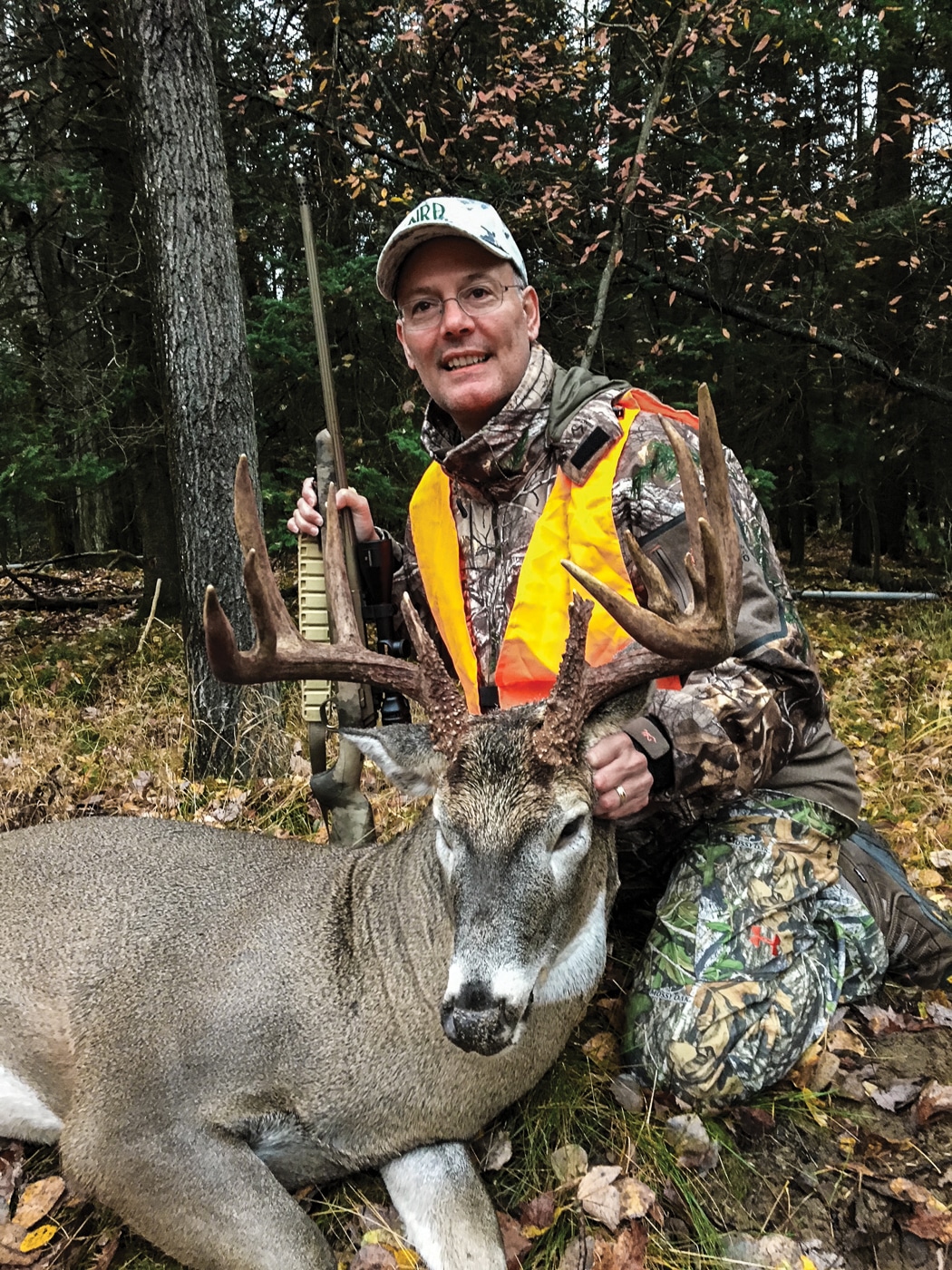
We have five divisions across NRA, and in the past year, we’ve changed out leadership across every one of them. We are sharpening our focus on good business practices. NRA is committed to honesty, transparency and accountability at every level. We have rigorous financial and ethical controls in place, as well as a chief compliance officer. You can trust us to be judicious with expenditures and member funds. I will not tolerate any malfeasance. We want to rebuild the trust of the members, the donors, the staff, and the industry. At the top of that list is the NRA membership. They are why I took this job.
TAL: Considering the new approach of the NRA, and turning back to the topic of membership in the organization, what would you tell those who are currently members? Why should gun owners who are not currently members join the NRA? What does the association offer them?
DH: First, I want to thank each and every NRA member, because membership matters. NRA does everything, and what do I mean by that? You have some organizations that lobby, and that’s their primary focus. We do that better than anyone. Other groups offer training, great. But there was no firearms training for citizens, for law enforcement, and no hunter safety education before NRA led the way. And we continue to do so every day.
When you join NRA, you are not just helping safeguard the Second Amendment. NRA has programs and services that touch some 120 different areas. Go to nra.org and see for yourself. Eddie Eagle saves young lives, we offer youth programs, we offer events for women. We send millions of magazines out every month, produce television and post web articles every day. We have three museums around the United States.
TAL: Beyond what the NRA is facing, how do you view the status of our Second Amendment rights today? What strengths do we have, and what hurdles do we face?
DH: I believe that Second Amendment rights in the United States have never been stronger than they are today, and that’s because of NRA members. Voting for the right candidates, making calls, sending letters. We have pro-freedom majorities in the U.S. House and Senate, and an NRA Life Member in the White House.
If you look at concealed carry across the country — thanks to the NRA-backed and funded Bruen case at the Supreme Court — with Constitutional Carry in 29 states (we think there are going to be more in the future), our rights are well protected on Capitol Hill and in most states. But there are other states, deep “blue” states, where our Constitutional rights are not respected, and we must secure our rights through the courts. We are taking the fight there.
TAL: What can members expect to be different in the NRA of today, versus the NRA of the past?
You’re going to get a transparent, open-door organization. I’m a come-and-see me kind of a guy, and I am out there for members. It’s a tough job. There’s so much going on with NRA. We have 700 Friends of NRA dinners around the United States every year, and I’m off to the West Coast this weekend to attend an event. You have someone who’s going to be working seven days a week and trying to communicate how hard the staff is working, how much we appreciate our members, and how judicious we’re going to be with whatever we spend. Because it’s the member that we work for — and we must deliver for those members.
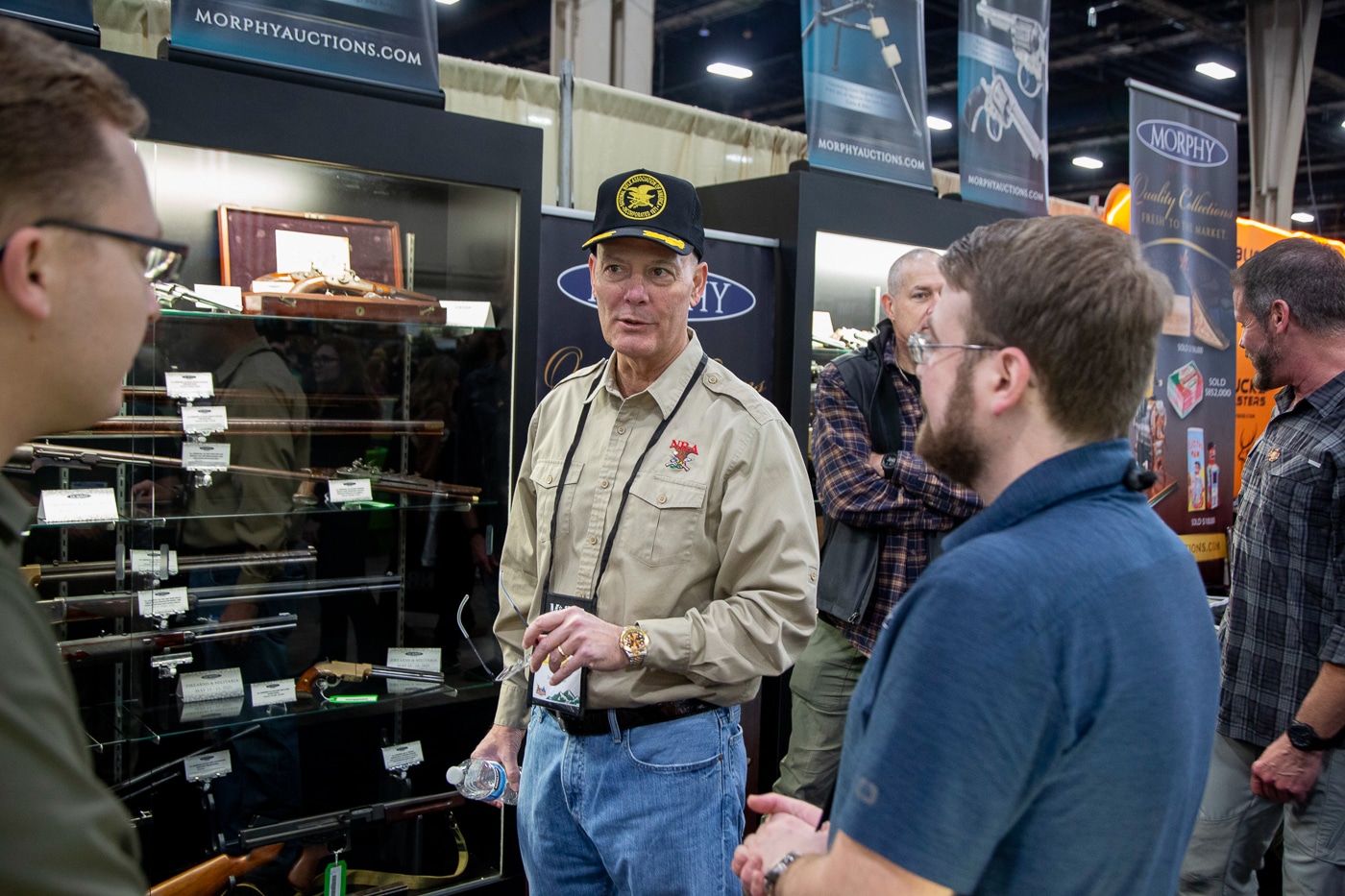
TAL: As a civil rights organization, the NRA — by the nature of what it is, and what it’s trying to accomplish — would seem to us to need to be a very member-driven association. Would you say this accurate? If so, what role do you see them playing in the defense of our civil rights?
DH: The NRA, since 1871, has been the country’s oldest and largest civil rights organization. Our tent is broad and wide open. We welcome all creeds, religions, ethnic backgrounds, and we represent the country — the citizens of this nation. We welcome all law-abiding Americans to participate with us and the freedom protected under the Second Amendment. You don’t even need to own a firearm to be an NRA member.
Rights are, I believe, God-given, but they must be fought for. And that means we need to do it at the local level, at the state level and at the federal level, and your NRA has delivered. Our strength is in standing together. Because when you stand with the NRA, you are standing for freedom. Our voice is stronger together.
The more NRA members, the more power and influence we can wield when it comes to defending your rights. It’s simple. Join
TAL: As noted earlier, firearms have been an important part of your life. Can you tell us a bit about your personal interests in the shooting sports?
DH: I’ve been a hunter and a shooter most of my life. I was exposed to a lot of different firearms in my youth, more when I was a Marine infantry officer, then even more since.
I like handguns, rifles and shotguns, and I own a lot of all of them. I shoot for fun, but also to be more proficient. I have handguns from .22s all the way to .454 Casulls. I shoot my Springfield SAINT quite a lot. I had to qualify with iron sights back in the day, we didn’t have ACOGs back then — but I do now.
I shoot as often as I can, but I also really enjoy upland bird hunting, whitetail deer hunting, boar hunting, and a few years ago had the good fortune to knock down a nice trophy elk in New Mexico.
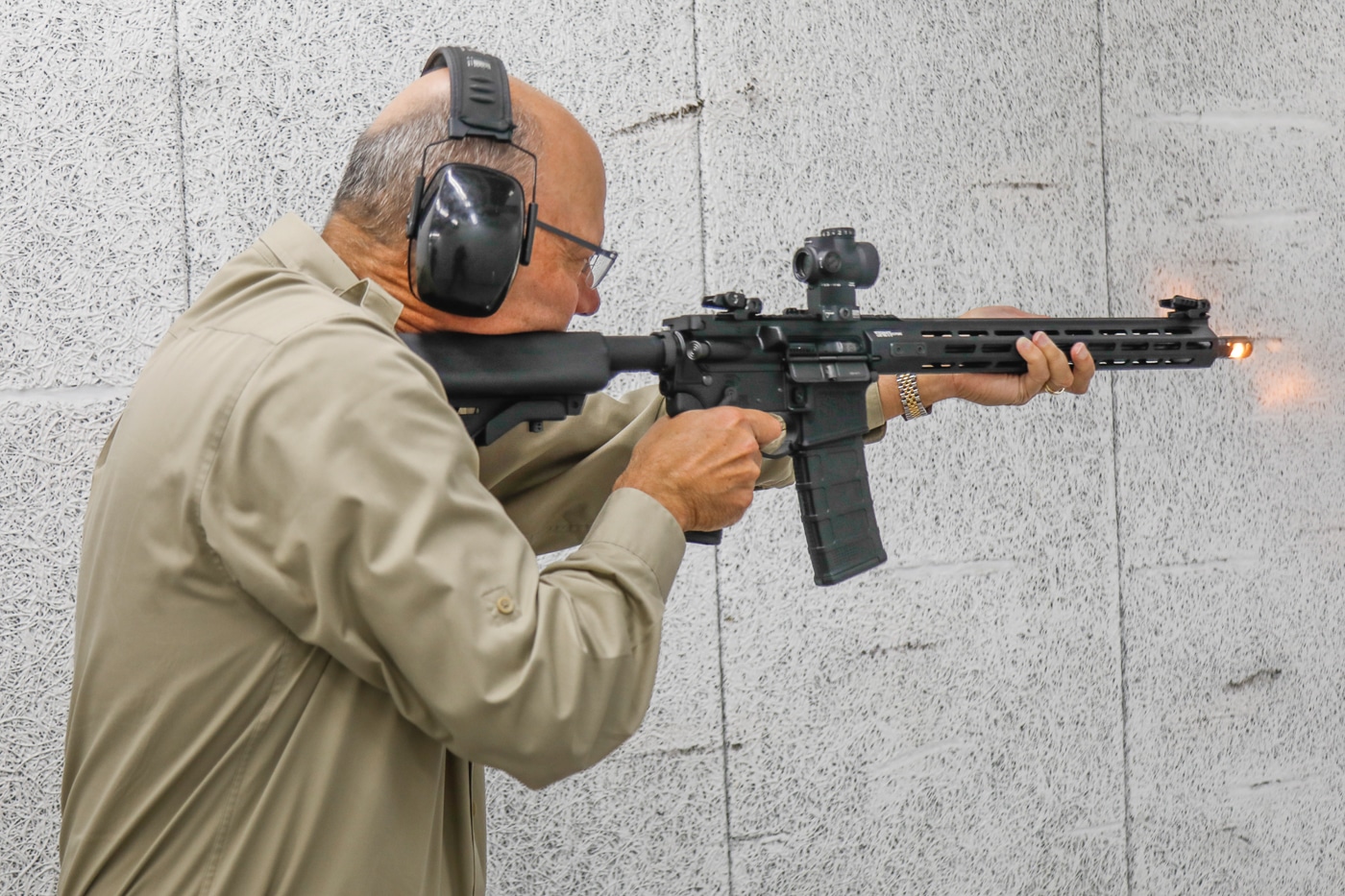
TAL: Speaking of firearms, do you have any particular favorites from the Springfield catalog?
DH: I’ve already mentioned my SAINT, and I am proud to say I own several Springfields. My current favorite is probably my SA-35. The finish, the walnut stocks, the great trigger — Springfield really made John Browning’s classic modern and relevant again.
Although I’ve hunted with one before, I also recently shot the Model 2020 Waypoint rifle in 6.5 Creedmoor. If this job lets me have time in the Michigan deer woods, that Model 2020 may go with me. Or, maybe I’ll get one in 300 PRC.
TAL: Thank you for taking the time to sit down with us for this interview and giving us this insight into the NRA today as well as your role in leading it.
DH: Thank you. I want to especially thank NRA Golden Bullseye Pioneer Award winner Dennis Reese for all he has done for the NRA. In addition, I’d like to thank Golden Bullseye Competitor Award winner Rob Leatham and all the rest of the great people at Springfield Armory for all the work they do for their customers and for their strong support for NRA.
And if your readers value their freedom, they should join. Join me. Join us. Join the NRA.
Editor’s Note: Please be sure to check out The Armory Life Forum, where you can comment about our daily articles, as well as just talk guns and gear. Click the “Go To Forum Thread” link below to jump in and discuss this article and much more!
Join the Discussion
Featured in this article
Read the full article here

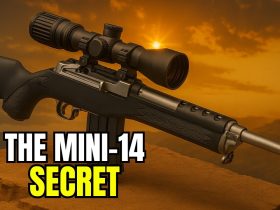
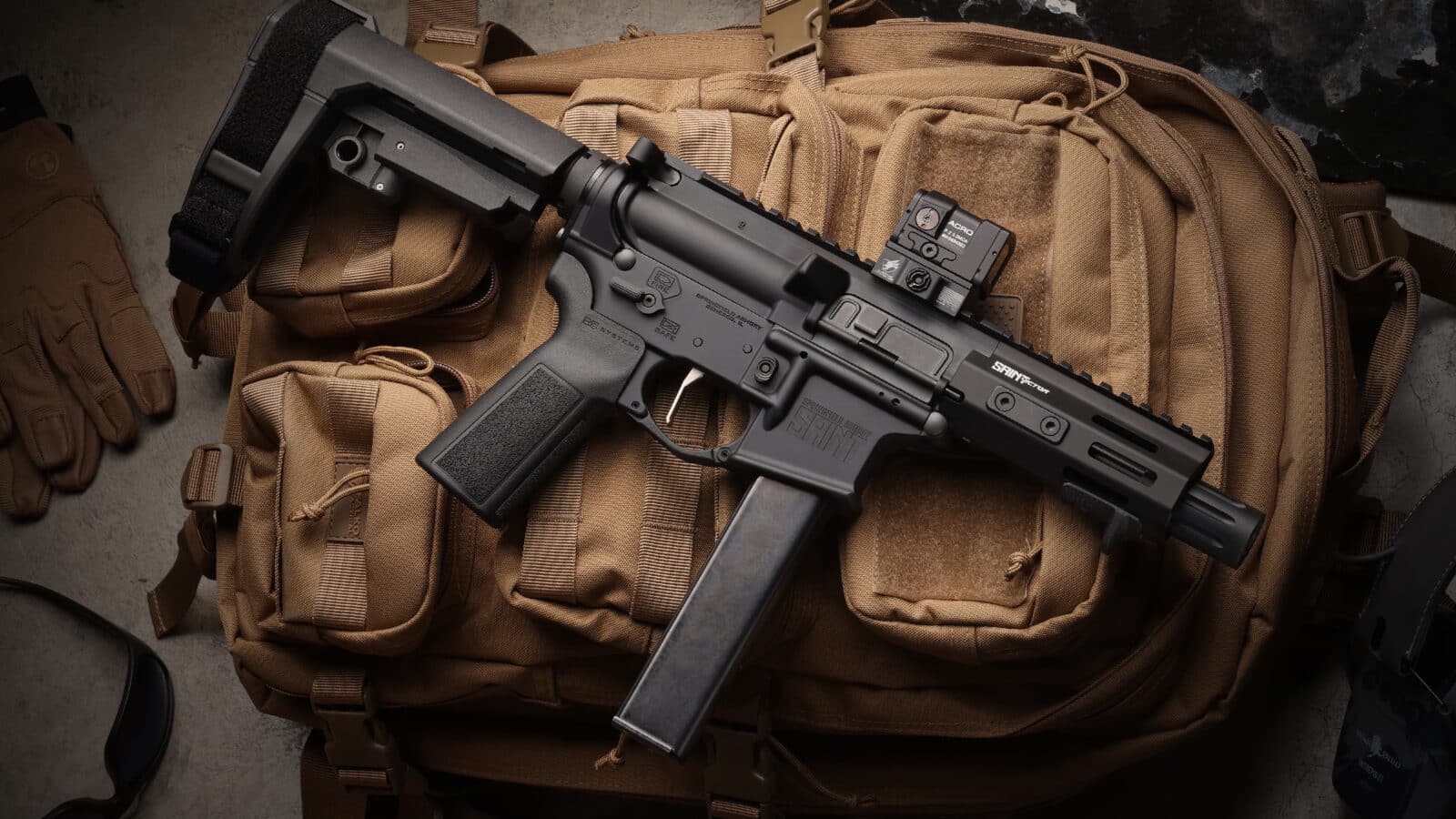

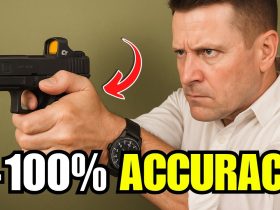
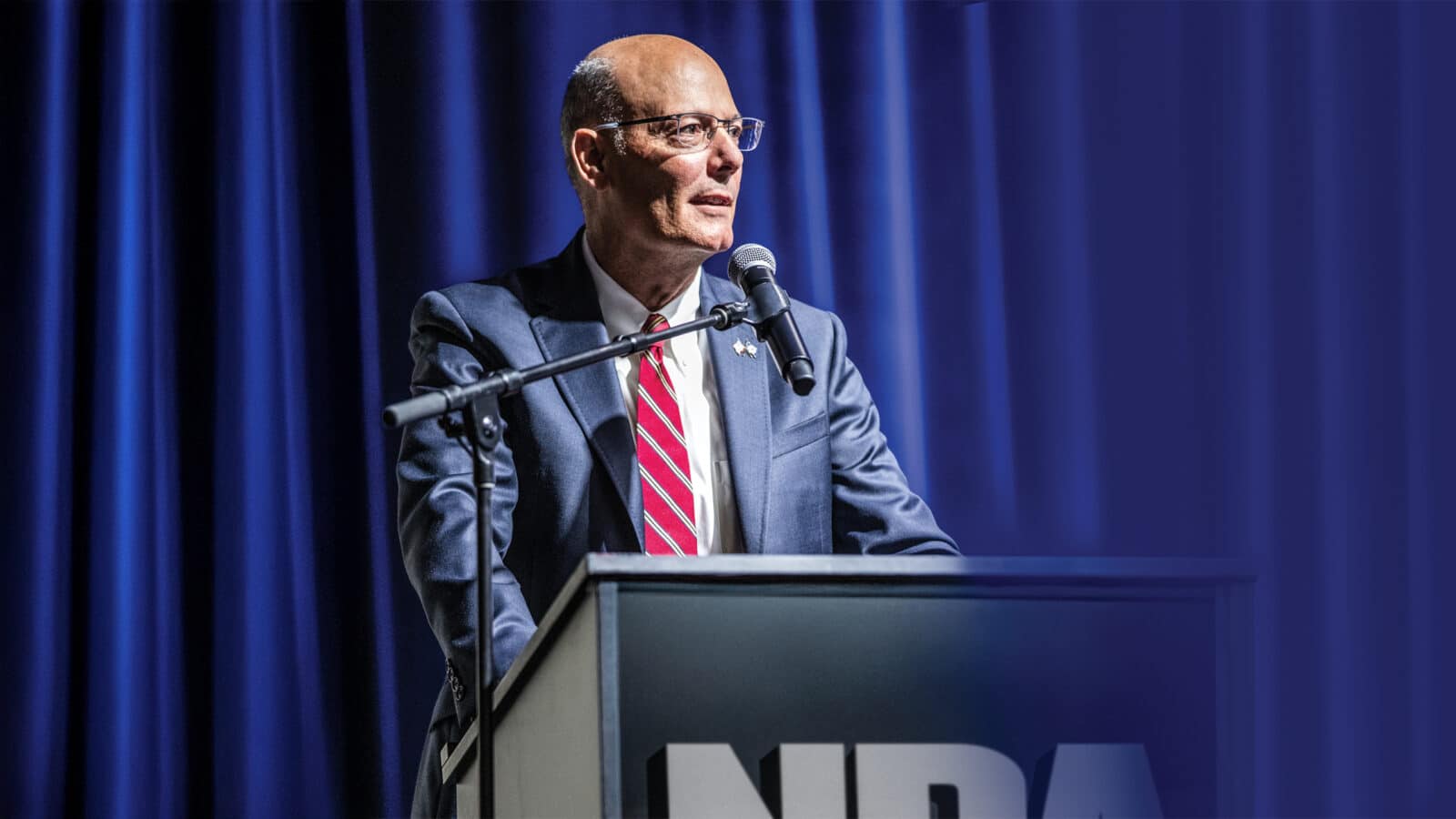

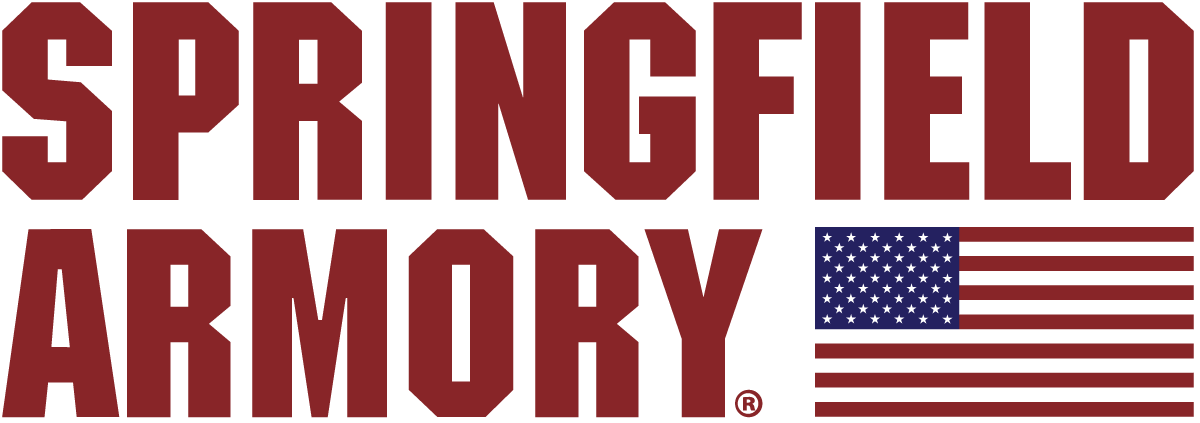

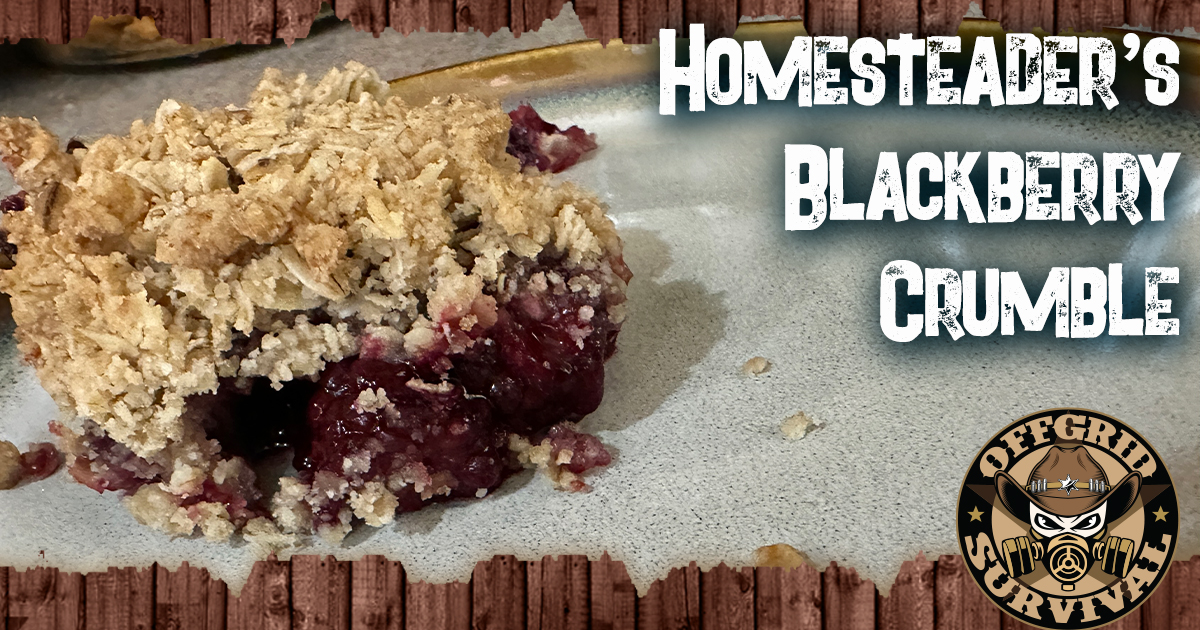
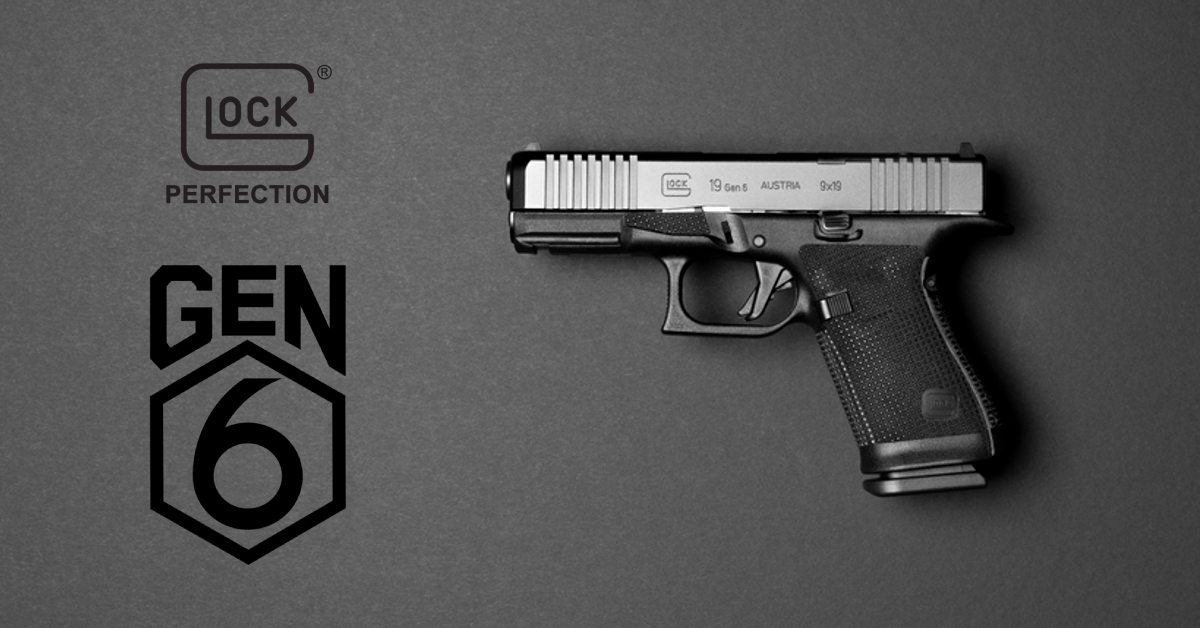
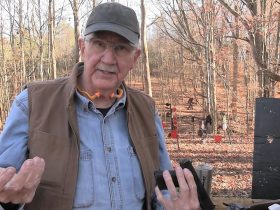



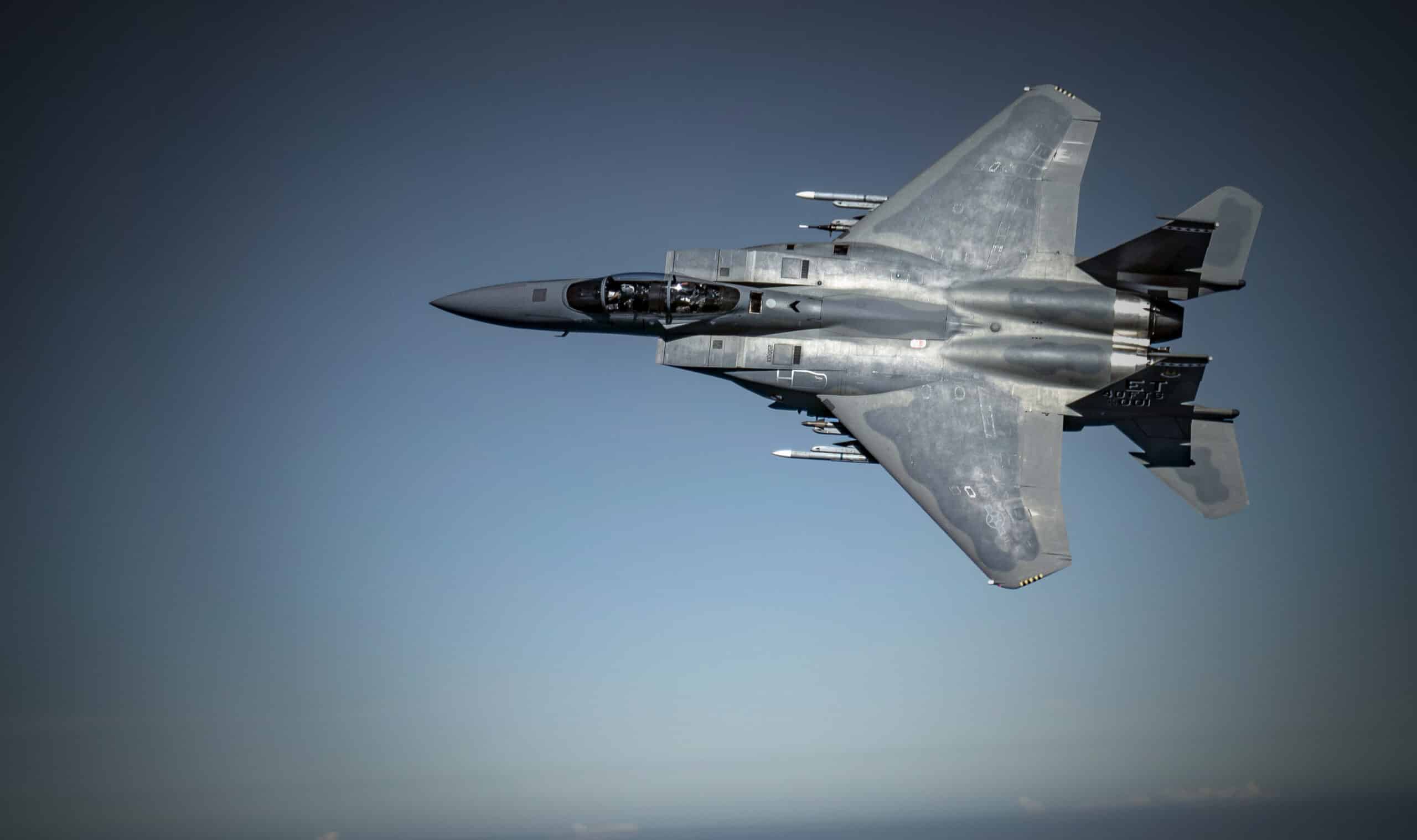
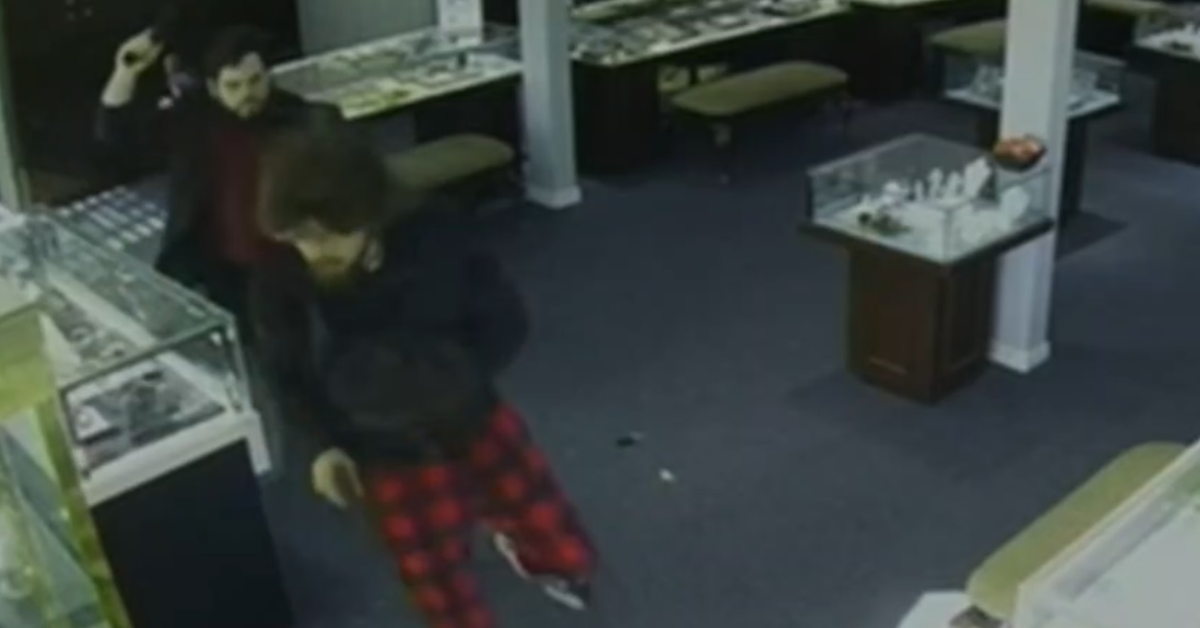
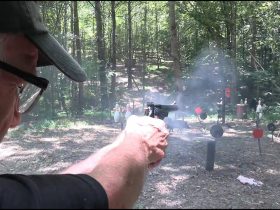

Leave a Reply